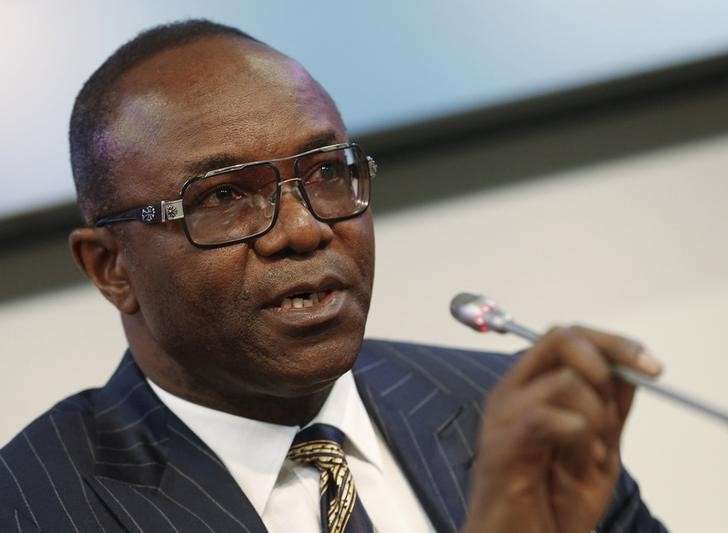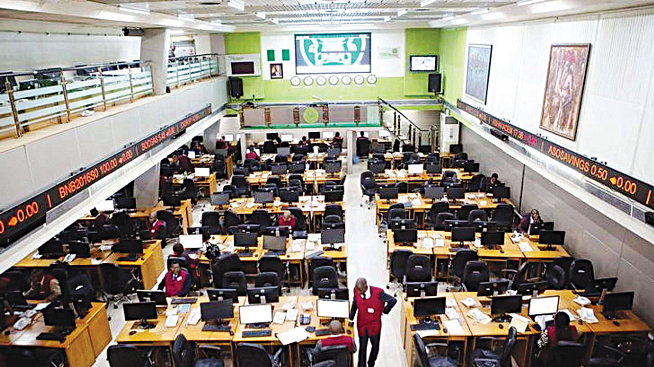$32 p/b oil production unattractive to investors, says Kachikwu

The Minister of Petroleum Resources, Dr Ibe Kachikwu, on Thursday decried the high cost of oil production in the country which has made cost of Foreign Direct Investment (FDI) very expensive.
Kachikwu disclosed this during his address at the 2017 annual conference of the National Association of Energy Correspondents NAEC, in Lagos putting the cost of producing a barrel of oil at 32 dollars.
He said government was expediting action to bring down production to 15 dollars per barrel to significantly bring down cost of FDI.
“In Nigeria today, the situation is such that FDI flows into the country are at high cost.
An example is the high cost of production of oil at about 32 dollar per barrel.
Initiative to reduce the cost of crude oil production to 15 dollars per barrel are ongoing.
Initial consultations with stakeholders have held and cost drivers have been identified.
The outcome of this initiative would be a win-win for investors and the nation,” he said.
The minister said that the Petroleum Industry Governance Bill, (PIGB) had been structured to fully turn around the petroleum sector and make it attractive to investors.
Kachikwu lamented security issues and funding gap in the area of refinery which according to him has delayed take-off of refinery projects even after licenses have been issued.
He regretted that after the Department of Petroleum Resources, (DPR) had issued about 40 licenses only 2 projects were currently being developed.
The minister was however optimistic that the PIGB would bring about fiscal regime that is flexible, promote gas utilisation and enhance local content as well as restructure NNPC, for enhanced productivity.
In his speech, the Group Managing Director of the NNPC, Maikanti Baru said that the PIGB largely reflects the aspirations of the industry for the emplacements of an effective policy, commercial and regulatory framework that promotes growth and efficient operations.
Baru however observed that there other issues in the Bill that needs to be immediately addressed before it is finally sent to the president for assent.
He urged stakeholders to take advantage of the opportunity to seek clarity and where possible propose changes to ensure that what is signed into law accomplishes the main purpose of reforming the industry for the collective good.








